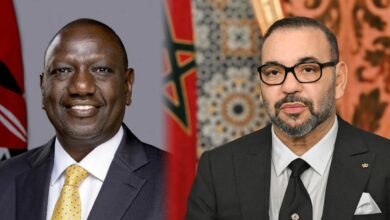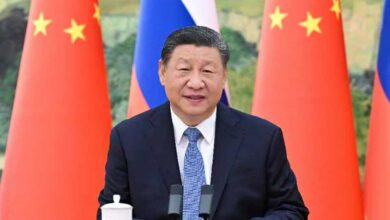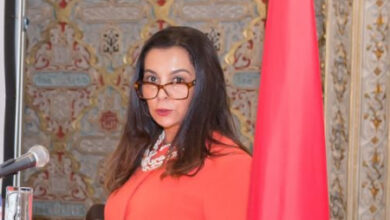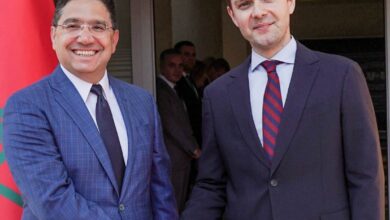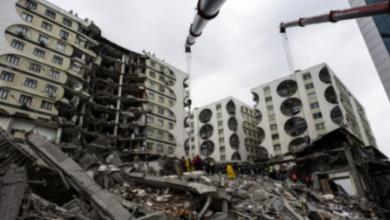Growing American Calls to Sideline the “Polisario” and Support an “Alternative Sahrawi Movement” to Resolve the Artificial Conflict in Morocco’s Sahara
Growing American Calls to Sideline the “Polisario” and Support an “Alternative Sahrawi Movement” to Resolve the Artificial Conflict in Morocco’s Sahara
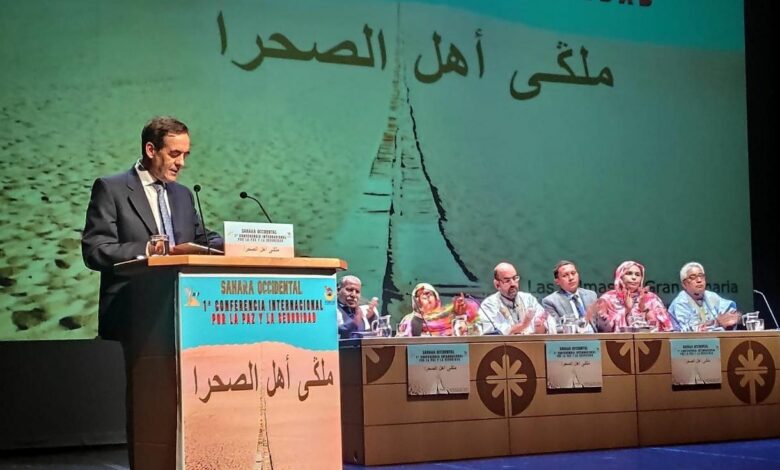
ALDAR/
In a notable development reflecting a shift in the stance of some U.S. think tanks and influential institutions regarding the Moroccan Sahara issue, Michael Rubin, a senior fellow at the American Enterprise Institute (AEI), has called for a fundamental reassessment of the international approach to the “Polisario Front,” which he described as “merely a tool in the hands of the Algerian regime” that does not truly represent the people of the Saharan regions.
These remarks came following a similar call by the Atlantic Council to reevaluate the role of the UN peacekeeping mission MINURSO, at a time when the mission is facing increasing criticism over its limited effectiveness and high costs.
Rubin asserted that the Polisario has lost what remained of its legitimacy due to its repeated involvement in scandals related to corruption and the misuse of international humanitarian aid. He also pointed to human rights violations in the Tindouf camps in southern Algeria, where Sahrawi civilians suffer under dire humanitarian conditions, compounded by a lack of transparency and accountability.
In this context, Rubin stated that the time has come for the United Nations and the international community to stop “turning a blind eye to this charade” of presenting the Polisario as a legitimate party to the conflict. He urged the adoption of “a more realistic and peaceful alternative Sahrawi movement,” referring to the “Sahrawis for Peace Movement,” which he sees as a credible alternative representing a growing number of Sahrawis seeking a genuine negotiated resolution to the conflict, far from the rhetoric of separatism and militarization.
Rubin also called on the administration of former U.S. President Donald Trump — which had taken decisive positions on the issue during its term — to exert political pressure on the United Nations to grant this new movement an official role in the settlement process, rather than continuing to support parties that consume international aid without offering any real solutions.
This viewpoint appears to resonate with American circles advocating for a radical overhaul in the way the Sahara conflict is managed — particularly in light of the push to reduce spending associated with the MINURSO mission and to halt what is described as the “systematic squandering” of aid directed to conflict zones. According to Rubin, such aid “is used to entrench the status quo and support agendas that do not serve peace, but instead fuel conflict and maintain a fertile ground for extremism.”
These calls thus open a new chapter in the debate over the future of the artificial conflict in the Moroccan Sahara and place the United Nations under pressure to review its approach in light of regional and international developments, as well as shifting positions among major powers regarding the nature and legitimacy of the actors involved in this complex issue.

